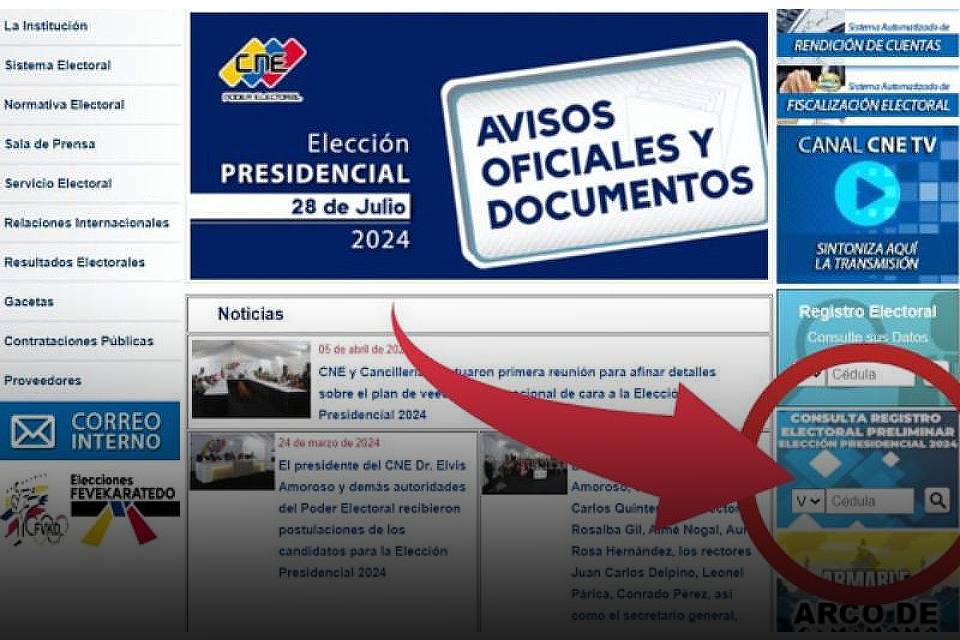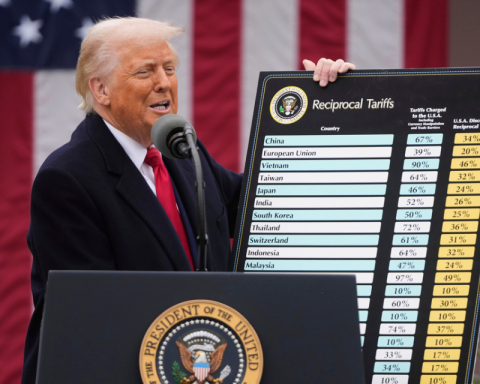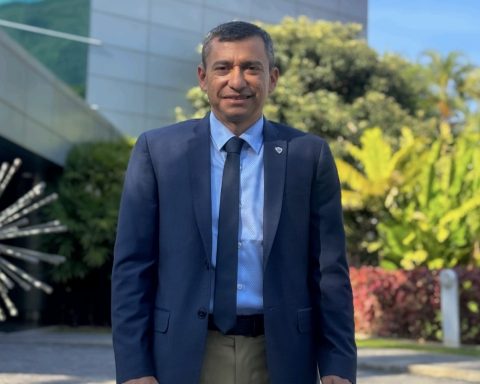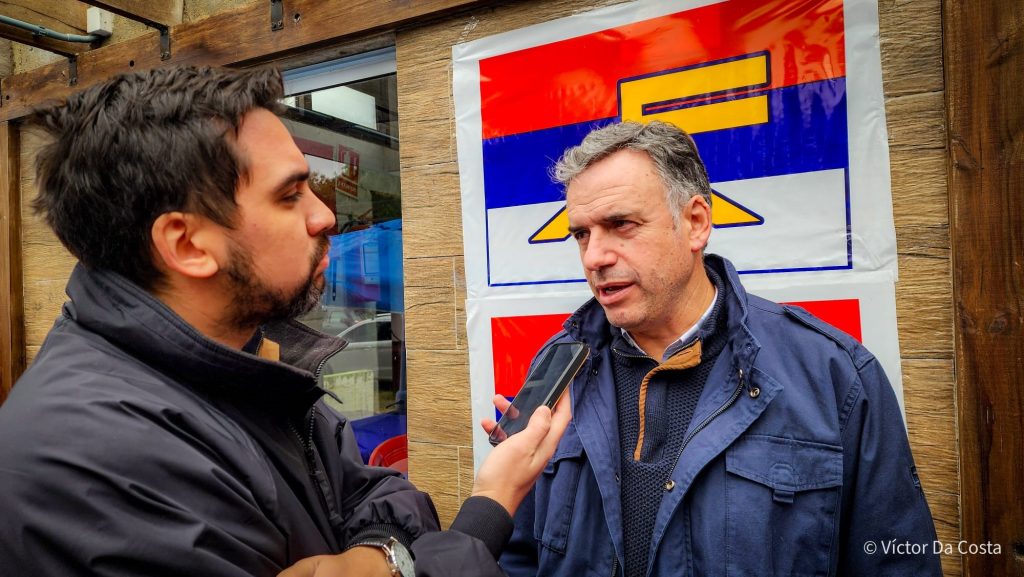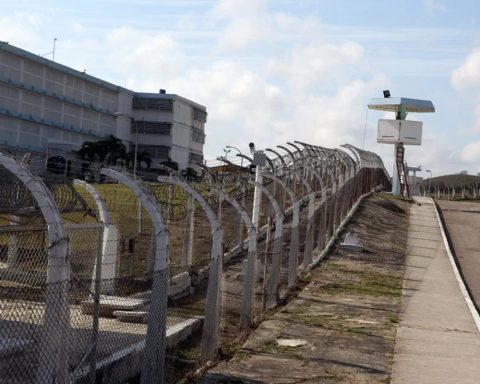Reactivating the website as we knew it until July 28 (and for a brief moment on August 26) is paving the way for the electoral social control to do its thing with respect to the “false” and “forged” electoral records published by the opposition, as described by the authorities.
If the 2024 presidential election process has shown anything, it is that citizen verification goes beyond checking whether the number of ballots at the voting tables matches what the machine says. Much further. On this occasion, and thanks to the open publication of electoral data – which the authorities describe as “fraudulent” and “forged” records – countless specialists have evaluated the data and always reached the same conclusions: the data matches what was seen on July 28.
Others They have even taken them to make graphics and other types of interactive presentations for easy reading, create maps of results up to each municipalityset up a QR scanner to read the data from the minutes, and also someone programmed a website to print minutes. Consequences of what has become a milestone of electoral transparency in Venezuela.
The latest episode that confirms this is that the few hours that the National Electoral Council’s website was online on August 26th served more than one person to Check the ID cards of the people who appear in the minutes published by the opposition as members of the table in the Electoral Registry search engineand realize that they also coincide. Again and again.
That is to say, the government’s thesis that the opposition fabricated false electoral records and published them in scanned form on August 2 would imply that:
- They managed to replicate the format of the minutes, obtaining paper as long as a roll, with marks on one of its sides, so that they match the shape of the authentic ones.
- They managed to put all the data of each polling station there, as well as the closing hours of the tables, which are reflected in the minutes.
- They managed to forge tens of thousands of QR codes and program them so that when scanned they would show an illegitimate result in their favor.
- They managed to set the HASH code to be non-replicable and match that of the voting machines.
- And they managed to check who had been selected in each of the more than 30 thousand polling stations in order to put their names on false ballots.
All this in just a few days, and they must also take into account that not everyone who is chosen as a member of a polling station and appears as such in the Electoral Register participates in the installation of the polling stations on the Friday before the election, so that their name is included in the record. In other words, they had to do all this after the polling stations had been installed on July 26.
The CNE website is now available and all the data from the Permanent Electoral Registry is also available. If you check the information of the members of the polling station in each record, the narrative that the ResultsporVenezuela records are false is falling apart.
See the magic here 👇 pic.twitter.com/6qyEBEMGZG
— Carlos Salazar (@calestophoto) August 26, 2024
Did the CNE website crash due to a new “attack”? As reported by VTV, Or has anyone noticed how the open Electoral Registry (and by law it is a database of free access, use and consultation) also serves to compare data from the “false” and “forged” records of the opposition?
The other thing that the CNE website showed again during the hours it was online on August 26 is how they were listed there all the elements of its system to prevent the electoral process from being interfered with.
That is, all the “anti-hacking” protections. The same ones that, for some reason that no authority has explained, must have failed for what the government has been insisting on for a month to happen: there was a cyber attack on the totaling process that prevented the publication of results by table and the delivery of a CD with the data to the political parties within 48 hours (as established by the regulations), but did not collect 80% of the vote count to declare Nicolás Maduro the winner – despite the fact that there were still more votes to count than the gap between the two main candidates.
If the “criminal cyber attack” against the electoral system is true, The Electoral Power itself would be saying that what it had published on its website stating that it was a “secure network” was not true. It also said that it is an “auditable network,” and we trust that it is, but let us remember that the CNE decided to suspend the three technical audits that were pre-established in the electoral schedule, and has not provided an explanation of the reasons.
Some ill-intentioned people might say that the CNE has had a whole month to invent a new website, not just to restore the usual one. In fact, in the same vein as social oversight, there are those who have detected that the CNE website is not hacked, nor offline due to an “attack” but that it is a decision of its administrators to keep it deactivated.
For example, Jesús Lara published a very long thread on Twitter/X on August 1 explaining why, after studying the technical framework of the website in question, it was not a case of a hack but rather a deactivation of the portal. This is the thread, it is quite long and technical:
Disclaimer: First and foremost, the article may contain quite a bit of technical information, I will try to explain it as best as I can (although sometimes I am not good at it), I hope to be as didactic as possible.
— Jesus Lara (@phenobarbital) August 1, 2024
In that thread, using public configuration information on the Internet, he showed that the CNE website shown is a mirror of the original, which remains private, protected by a Cantv server. He also showed that the internal email service was active (when it should have been down if it were a “massive attack” on “the entire platform”). This diatribe will be clear to other technicians and experts.
Returning to August 26, the same Jesús Lara repeated the consultations and the result is close to the same conclusion which, in plain terms, could be: the page is not down, it is turned off.
So, there is no hacking! The page can operate and function (as thousands of people witnessed), if it is down, it is because the #ChavistaDoubleThink they want me to stay down.
Unless they tell us that after a month they can’t keep a website up.— Jesus Lara (@phenobarbital) August 27, 2024
Of course, it is something that perhaps some other computer scientist or specialist can refute, and if so, you can comment on our Twitter/X @DiarioTalCual and we will publish it too.
In any case, it is clear that reactivating the CNE website as we knew it is a problem because it leaves open more channels for, even without publishing the results of each table, comparing and carrying out citizen oversight of the minutes presented by the opposition.
Let us remember that a process of reviewing the “forged” and “false” minutes published by Edmundo González’s command has already been carried out by different actors, with similar results.
The Carter Center did it: “We reviewed 24,533 minutes, with 81.7% (of the total minutes), and we agree with the analysis of these minutes that show a gain of Edmundo González, of almost 70%, 2 to 1 was the count,” said Jennie Lincoln August 11th.
This was done by the UN Panel of Experts, which, after reviewing a sample of what was published, said: “They exhibit all the security features of the original results protocols. This suggests that a key transparency safeguard may be available, as intended, with respect to any officially published results.” his preliminary report of August 13.
He has done it The Country from Spainconcluding that “the Maduro government has barely provided any data to support its declaration of victory, while the Venezuelan opposition has set up an operation to collect and present thousands of records. It offers more information, is more transparent, exposes itself to evaluation and scrutiny, and in this way, increases the credibility of its results.”
This was done by the Associated Press, which “processed nearly 24,000 images of ballot papers, which represented the results from 79% of the voting machines. Each sheet contained vote counts encrypted in QR codes, which the AP decoded using a program and analyzed, resulting in counts of 10.26 million votes.”
The Washington Post published that “Venezuela’s opposition candidate received more than twice as many votes as President Nicolás Maduro in the country’s election last week, according to a Washington Post analysis of more than 23,000 parish-level ballot papers collected by the opposition, a sample representing nearly 80 percent of voting machines nationwide.”
Also, expert Dorothy Kronick at the University of Berkeley has released a study concluding that “the campaign data almost certainly reflects the actual votes cast” on July 28. He paper You can read the full article (in English) here.
And especially ordinary citizens. Those who entered the site, saw the minutes of their center and found that they match what they saw –even PSUV witnesses-; as well as the record he made Fake News Hunters comparing 50 videos collected from results readings at polling stations on the evening of July 28 with the data showing the “false”, “fraudulent” and “forged” vote counts.
The “anticipated” results in 50 videos of the voting records shared on social networks were compared with those published on resultsconvzla*com.
In 9 of the 50 videos analyzed, the counts were announced publicly in the presence of military officials from the Plan… pic.twitter.com/wXthfjY9FI
— Fake News Hunters (@cazamosfakenews) August 18, 2024
The National Electoral Council announced in a statement that it abides by the ruling The Electoral Chamber issued a decision that validates the results announced by Elvis Amoroso and instructs the electoral body to publish the numbers in the Electoral Gazette. The law states that it has 30 days to do so. On the same day, they reactivated the CNE website, only for it to be unavailable again. Until Wednesday, August 28, the Electoral Power has until Wednesday, August 28 to comply with the law and respond to the instruction given by the TSJ.
Post Views: 195
